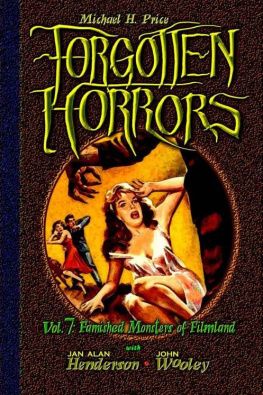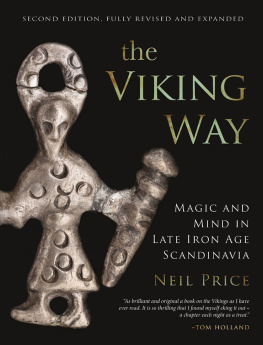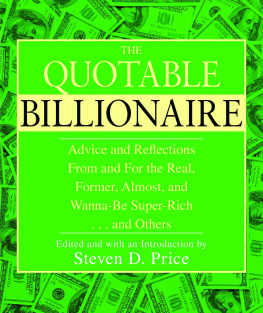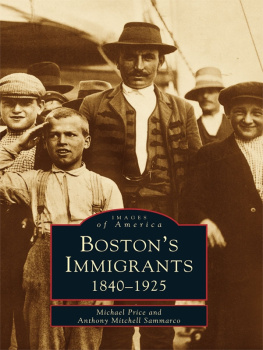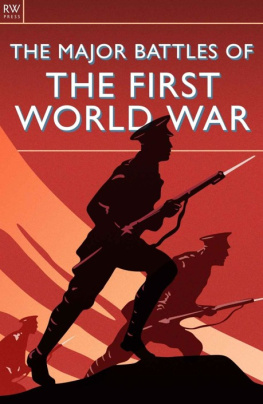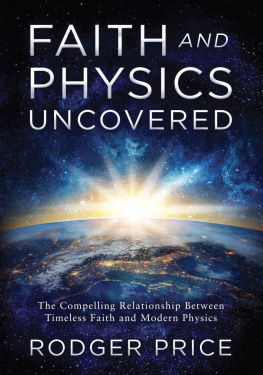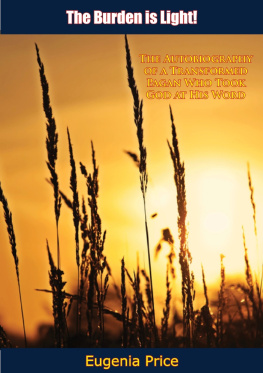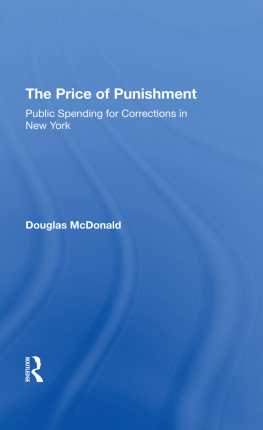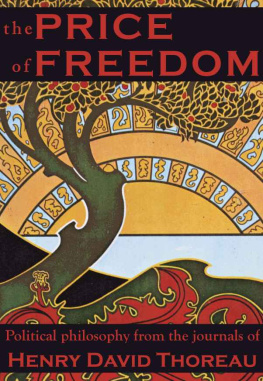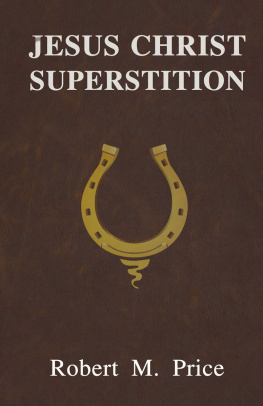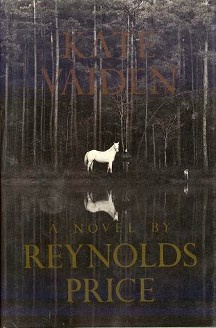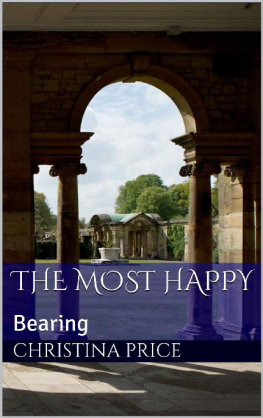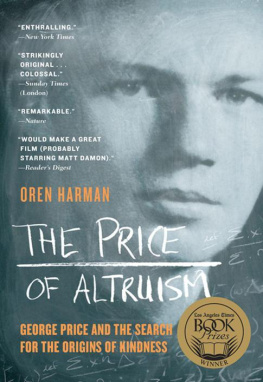Price - FEASTING THE HEART
Here you can read online Price - FEASTING THE HEART full text of the book (entire story) in english for free. Download pdf and epub, get meaning, cover and reviews about this ebook. year: 2000, publisher: SCRIBNER, genre: Detective and thriller. Description of the work, (preface) as well as reviews are available. Best literature library LitArk.com created for fans of good reading and offers a wide selection of genres:
Romance novel
Science fiction
Adventure
Detective
Science
History
Home and family
Prose
Art
Politics
Computer
Non-fiction
Religion
Business
Children
Humor
Choose a favorite category and find really read worthwhile books. Enjoy immersion in the world of imagination, feel the emotions of the characters or learn something new for yourself, make an fascinating discovery.
- Book:FEASTING THE HEART
- Author:
- Publisher:SCRIBNER
- Genre:
- Year:2000
- Rating:4 / 5
- Favourites:Add to favourites
- Your mark:
- 80
- 1
- 2
- 3
- 4
- 5
FEASTING THE HEART: summary, description and annotation
We offer to read an annotation, description, summary or preface (depends on what the author of the book "FEASTING THE HEART" wrote himself). If you haven't found the necessary information about the book — write in the comments, we will try to find it.
FEASTING THE HEART — read online for free the complete book (whole text) full work
Below is the text of the book, divided by pages. System saving the place of the last page read, allows you to conveniently read the book "FEASTING THE HEART" online for free, without having to search again every time where you left off. Put a bookmark, and you can go to the page where you finished reading at any time.
Font size:
Interval:
Bookmark:
BOOKS BY
REYNOLDS PRICE
FEASTING THE HEART 2000
A PERFECT FRIEND 2000
LETTER TO A MAN IN THE FIRE 1999
LEARNING A TRADE 1998
ROXANNA SLADE 1998
THE COLLECTED POEMS 1997
THREE GOSPELS 1996
THE PROMISE OF REST 1995
A WHOLE NEW LIFE 1994
THE COLLECTED STORIES 1993
FULL MOON 1993
BLUE CALHOUN 1992
THE FORESEEABLE FUTURE 1991
NEW MUSIC 1990
THE USE OF FIRE 1990
THE TONGUES OF ANGELS 1990
CLEAR PICTURES 1989
GOOD HEARTS 1988
A COMMON ROOM 1987
THE LAWS OF ICE 1986
KATE VAIDEN 1986
PRIVATE CONTENTMENT 1984
VITAL PROVISIONS 1982
THE SOURCE OF LIGHT 1981
A PALPABLE GOD 1978
EARLY DARK 1977
THE SURFACE OF EARTH 1975
THINGS THEMSELVES 1972
PERMANENT ERRORS 1970
LOVE AND WORK 1968
A GENEROUS MAN 1966
THE NAMES AND FACES OF HEROES 1963
A LONG AND HAPPY LIFE 1962

SCRIBNER
1230 Avenue of the Americas
New York, NY 10020
Visit us on the World Wide Web:
http://www.SimonSays.com
Copyright 2000 by Reynolds Price
All rights reserved, including the right of reproduction in whole or in part in any form.
SCRIBNER and design are trademarks of Macmillan Library Reference USA, Inc., used under license by Simon & Schuster, the publisher of this work.
AIDS House by Lightning Brown, Untouchable Clouds, St. Andrews College Press, page 39. Copyright 1997 by the Estate of Lightning Brown. Permission granted by Nancy C. Brown.
ISBN-10: 0-7432-1154-5
ISBN-13: 978-0-7432-1154-3
FOR
ADAM RUSSELL
*Not broadcast
FEASTING
THE HEART
I n the fall of 1993, Alice Winkler of National Public Radios Morning Edition asked me to write a short story for broadcast the coming Christmas morning. I dont recall that she gave me a word limit, but she did suggest that the reading time should not be longer than five minutes. Writing a cogent story that traces a narrative arc in so little time proved a hard assignment. Outside the Bible there are few such published stories, though the oral tale-tellers of a given tribe or family specialize in such miniatures.
I began by thinking of a quickly rounded story from my first Christmas away from home, I wrote it down as simply as I thought I could manage, I read it aloud with a stopwatchway too long. I read it faster, to a tape machine, and heard myself gobbling inaudibly. I returned to work and sweated every conceivable atom of fat out of my prosestill too long. In some frustration, I phoned Alice Winkler and read her the story. She agreed to use it, as was. So I taped the thirteen hundred words at the local NPR station and went to New Mexico for the holiday with friends.
While they were still sleeping on Christmas morning, I listened to my story on a palm-sized FM Walkman and thought how many more people were hearing this lean narrative than had ever experienced any other prose of mine. Maybe the thin high desert air had me hyper-elated, but why not phone Alice and propose a spot once a week from now on? In no more than twenty years, say, I could read through my accumulated lifes workonce anyhow.
Such prospects could tempt a man down badly wrong roads. But for better or worse, I well knew that American radioeven Public Radiohas a very small appetite for any prose that cannot be labeled, in some sense, news. Its only Britons and Canadians whore believed capable of sitting still for serial read-throughs of novels, whole books of stories, or essays (despite the fact that a great many taped novels are sold each day for bedtime or travel-time listening).
So when, out of the blue, Margaret Low Smith of NPRs All Things Considered contacted me in the spring of 1995 and asked me to write and record sporadic commentaries for that inventive show, I was surprised and found myself accepting before I knew the details of the job. The details proved simple. Id be joining a team of commentators that included such proven masters of the brief essay as Bailey White, with her perfectly tooled parables from life in south Georgia, and Garrison Keillor, that virtuoso of post-Lutheran prose. Like them, Id be freetheoreticallyto write about anything I chose, so long as I didnt violate federal or state statutes or the laws of common decency. The tenor of any given piece could be narrative, critical, nostalgic, comicalwhatever, so long as it was clearly concise and at least temporarily interesting.
For, again, concision was the prime virtue. Any taped piece more than four minutes long might wait a good while before finding a sufficient hole in the days rushing news. For each piece aired, Id receive a sum of money that would buy dinner for two at a modest good restaurant. I braced myself with the thought that Id grown up in a storytelling culture which dreaded boredomthe American Southand then I plunged into the likable procedure.
In brief, whenever I thought of a commentary, Id write a draft and e-mail it to Margaret Low Smith in Washington. Shed phone me back, Id read it aloud to her, wed edit for clarity and speed. Then Tom Wilson, an affably excellent soundman from Duke University, would come out and tape the pieceoften more than one at a time (they tend to come in batches). Wed ship them north to Margaret, shed write one-sentence introductions and closings; and theyd wait on her shelf for some evening when the news yawned sufficiently to permit my thoughts.
Thoughts are what theyve generally turned out to be, as opposed to narrative scenes or ringing demands; and I built my own set of thinking rules in the first few months. Be sufficiently serious, unless you intend an occasional comic fantasy like The Mad Inventor; dont be a common scold or yet another long-wattled media curmudgeon; but do permit yourself chances to grow even more serious when the subject requires, as in My Tolerance Problem. Employ whatever in the internal or external world offers itself as likely, suppressing only the identities of shy friends or of enemies whom I feel no need to excoriate by name. Finally, be vigilant of the fact that even the briefest stretch of verbal communicationa phrase, a sentencecan be wearisome; and boredom is again the state Ive hoped to avoid more strictly than any other except deceit.
The commentaries began to be aired on the late afternoon of July 28th 1995, and they continue into the new century. Gathered here are the first fifty-twocounting the Roman Christmas story, which is a narrative essay. The two pieces indicated by asterisks in the Table of Contents and in the text have not been broadcast; but I include them by way of owning up to the kinds of subjects on which Margaret, an editor of superb eye and instinct, felt I ran below par or beyond the interests of our audience.
With a single exceptionthe lastthe pieces appear in the order in which they were aired; and thats very nearly the order of composition. The unused pieces are likewise set in the order of their arrival. In general, with all the others, the text is the broadcast text. Occasionally Ive restored passages trimmed in the interest of pace, and a few times Ive added a sentence of clarification or an illustrative image. Ive even retained a few repetitions of thought and language. Some of them were necessitated by their contexts, though some are frankly the results of a failure to recall what Id said before.
Commentaries is NPRs word for my pieces and for all the others in their long series. I might argue that commentary is a more ponderous word than my own efforts requirethink of all the massive theological and political commentaries of the past. My pieces are at least as much essays. Our English word
Font size:
Interval:
Bookmark:
Similar books «FEASTING THE HEART»
Look at similar books to FEASTING THE HEART. We have selected literature similar in name and meaning in the hope of providing readers with more options to find new, interesting, not yet read works.
Discussion, reviews of the book FEASTING THE HEART and just readers' own opinions. Leave your comments, write what you think about the work, its meaning or the main characters. Specify what exactly you liked and what you didn't like, and why you think so.


